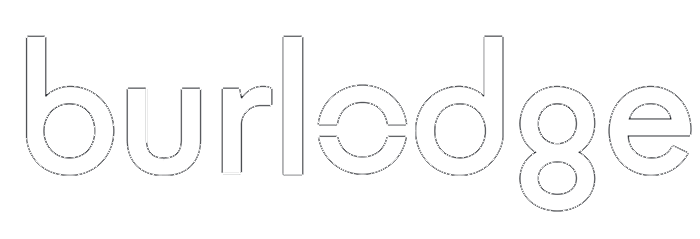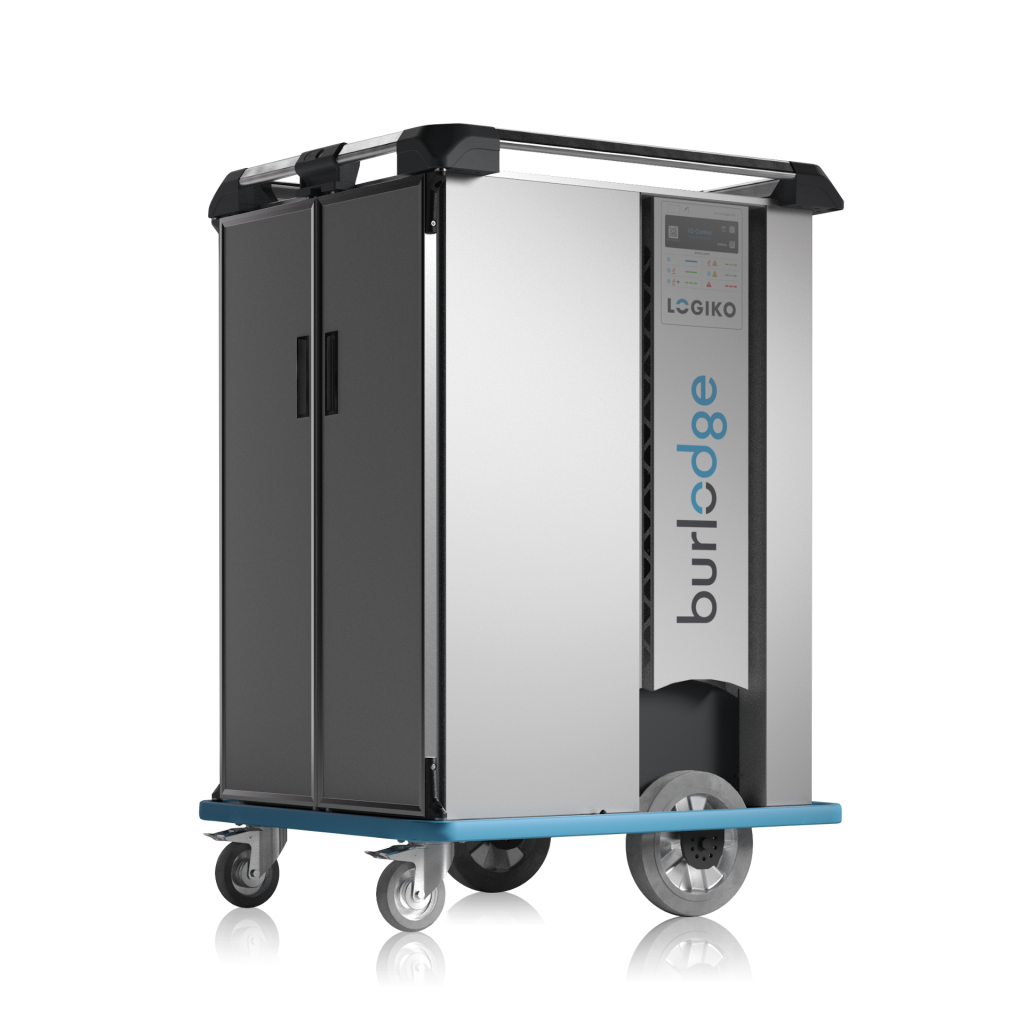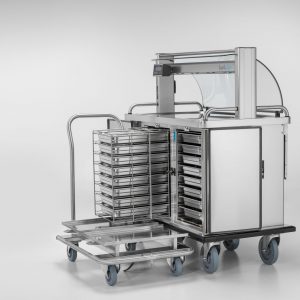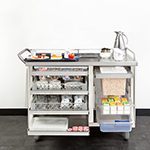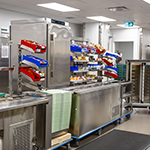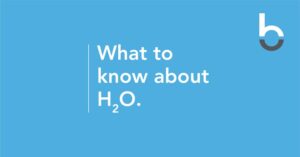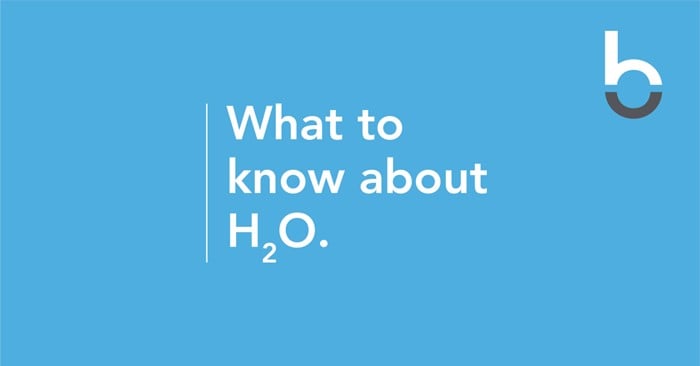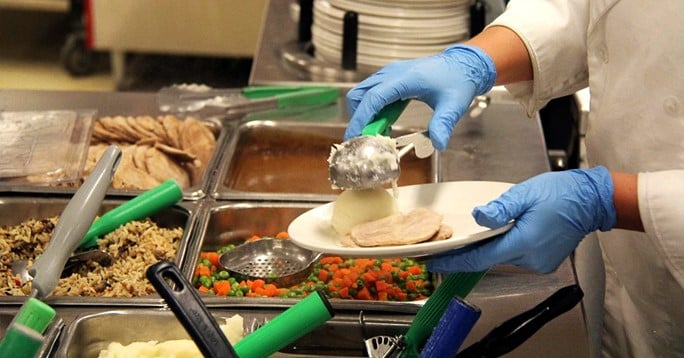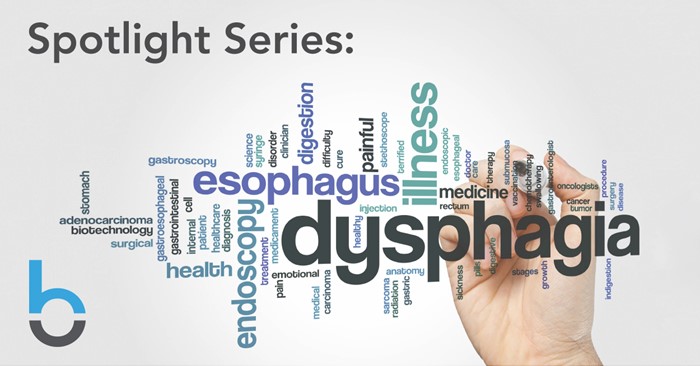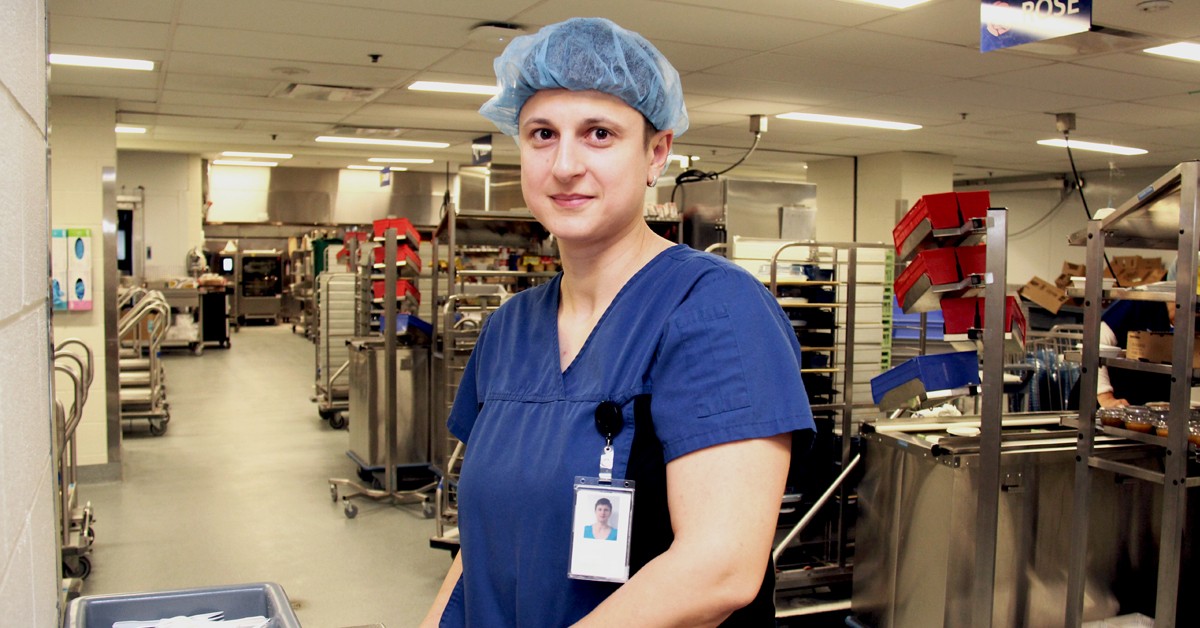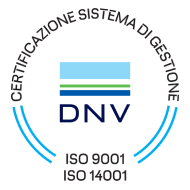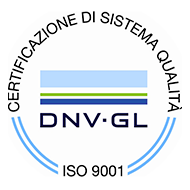As November 14th marks World Diabetes Day (WDD), I’m struck by the astounding numbers associated with this chronic disease. The International Diabetes Federation cites that the disease has progressed significantly over the past 50 years and, as of 2014, affected an estimated 387-million adults worldwide. A large majority of those suffering have type 2 diabetes.
Our clients at Burlodge are literally on the front lines of helping to combat diabetes. Their role in providing positive nutritional choices is at the heart of making essential changes to the spread of this condition. On this day, which is the birthday of Sir Frederick Banting, who co-discovered insulin along with Charles Best in 1922, we encourage all those connected to Burlodge to show their support and promote ways to raise awareness and take action against this devastating disease.
Diabetes 101
As you may know, diabetes occurs when the pancreas is no longer able to produce insulin, or when the body is unable to properly harness the insulin that it produces. As a hormone, insulin helps glucose drawn from the food we consume to get into our cells and thereby generate energy. The inability to produce insulin results in raised glucose levels in the blood – commonly known as hyperglycemia. The long-term effects of these high levels can damage the body and cause organ and tissue failure.
Despite the widespread threat of diabetes and its debilitating effects, it seems our world is evermore consumed with questionable nutrition choices. Highly sweetened, overly processed, nutritionally vacant – you hear it all the time, but the escalating rates of diabetes – particularly type 2 diabetes – continues unabated.
Improving Your NQ
As professionals dedicated to improved health and good nutrition, so much starts with the choices that go onto our plates every day. Though there’s an obvious trend towards highly processed foods and dubious dietary choices that accompany our rushed lifestyles, there’s a collective decline in our nutrition. That’s all the more curious given our vastly improved understanding of healthier choices. Let’s call it NQ – Nutritional Quotient.
How to address and improve your NQ? Target those food groups that are working against you and make a conscious effort to regulate them or remove them entirely. Exacting a more rigorous approach to food choices can be a profoundly important step in not only reducing the risk of type 2 diabetes, but also a step towards feeling healthier.
For fear of getting too preachy about this, I simply want to point out the most likely culprits that are at the centre of this fight.
Highly Processed Carbohydrates
Think white sugar, white rice and white flour for starters. Highly processed, stacked with calories and void of nutrition – eliminating these foods is a smart move for anyone.
Reduce breads, cakes, pasta and crackers that are highly processed and instead choose wholegrain alternatives.
Sugary Drinks
Up against the wall, soda. You, too, sugar jacked juices and your kin. For the Java lovers amongst you, remove the phrase ‘double, double’ when ordering your coffee (that’d be two creams, two sugars for the unfamiliar). Thirsty? Water. It quenches and does so much more: https://www.burlodgeca.com/what-to-know-about-h2o/. It’s also wise to not drink your calories.
Saturated and Trans Fats
High cholesterol is directly linked to type 2 diabetes. Guilty parties include baked goods and your favourite fried foods (naturally). Fatty meats, cheese, butter – you get the picture. And I know you can’t fully avoid them, but you can reduce and regulate. This is one I definitely have to work on.
Red Meat and Processed Meats
They’re directly linked to type 2 diabetes. Again, all in moderation, but due to the sodium count and nitrates in deli meats, bacon and hot dogs, these are particularly problematic. Look to other sources of proteins.
I won’t bother laundry listing the healthy alternatives. That information is readily available. The key is to make smarter, healthier choices. Yes, ones that aren’t bacon-wrapped. It may take time to introduce and adopt, but for the good of your life, not to mention those around you, it could be some of the best decisions you ever make.
